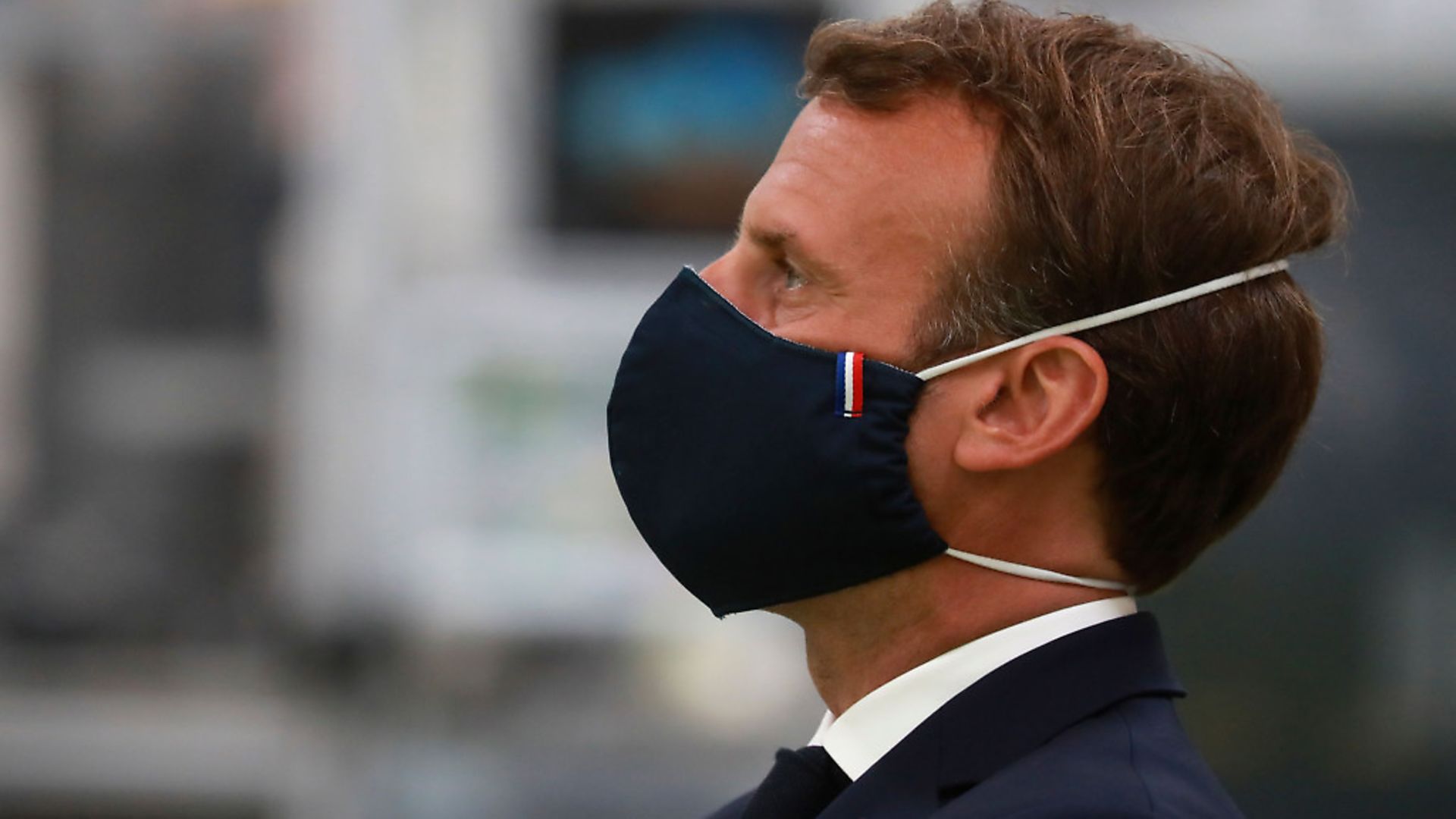
For 73 years, the right ruled in Bordeaux – until a shock victory late on Sunday night saw the capital of wine turn green.
France’s local elections were a watershed moment for the environmental movement that had previously struggled to get its voice heard. As Bordeaux’s outgoing mayor Nicolas Florian, flanked by sombre-looking attendants, conceded defeat, no one could ignore the shouts of ‘we’ve won, we’ve won’ coming from the ecologist candidate Pierre Hurmic’s elated followers parading in the streets below.
These elections were already like no other. With the first round taking place just a day before lockdown was announced, this delayed second stage replaced door-to-door canvassing with online hangouts.
This curious state of affairs didn’t seem to dampen the greens’ momentum, as in city after city they came to the fore. Victories in Lyon, Strasbourg, Poitiers, Grenoble and Bordeaux, as well as shared wins in Paris and Marseille, have confirmed the small EELV (Europe Ecologie-Les Verts), a party so far without representatives in the National Assembly, as a major force to be reckoned with.
This was the latest in a series of setbacks for president Emmanuel Macron. His still young party, La République En Marche!, had hoped to establish local roots in these elections. But following three turbulent years marked by the gilet jaunes street protests and low approval ratings for the president during the pandemic, his party failed to win a single big city.
Paris, the most coveted prize of the night, was held by the incumbent socialist mayor Anne Hidalgo, an outcome that just months ago few would have predicted. The En Marche candidate, former health minister Agnès Buzyn, took less than 14% of the vote, a result that deprived her of even a seat on Paris’ city council.
In Marseille, En Marche drew a dismal 1.5% share of the vote. The city was instead claimed by medic and Marseille native Michèle Rubirola, backed by a red-green coalition. Her win drew to a close 25 years of right-wing leadership for France’s third city.
Leading figures in Macron’s party have tried to take the edge off the defeat. Unprecedented low voter turnout in the wake of Covid-19 means these results should be taken with a pinch of salt, declared Pierre Person, the party’s deputy general manager. But behind the scenes the En Marche leadership will be worried.
It was a mixed election for France’s far-right movement, led by Marine Le Pen. The Rassemblement National won their biggest city to date, Perpignan. However, despite a few symbolic wins, the RN’s overall performance was poor. The party lost around 40% of their elected officials, down from 1,438 seats in 2014 to 840. What the RN have gained in visibility they seem to have lost in grassroot support.
After these results, Macron will be feeling the pressure from the left as well as from Le Pen’s right. Some argue that the EELV is fast becoming the leading progressive force in France. This might be a stretch for now – green parties typically do better at the local level – yet a profound shift does seem to be taking place.
France’s two traditional parties, the Socialists and the Republicans, did best, as they often do, in medium-sized towns, yet with green candidates claiming wins in Poitiers, Tours and Avignon, as well as holding on to Grenoble, the traditional parties are continuing to lose ground across the country. The leadership of the Socialist party has even hinted that it would be ready to back a green candidate in the 2022 presidential race.
Analysts suggest that the Covid-19 crisis has accelerated voters’ desire for radical change. In the French system, candidates often make strategic alliances after the first round to boost their vote count in the second. En Marche’s strategy of pairing with conservative candidates in a number of seats alienated voters in big cities, who saw the move as a direct attack on the environmental movement. Matthieu Orphelin, one of several members of the National Assembly to have defected from Macron’s party, blamed these coalitions for En Marche’s humiliating defeat: ‘As well as losing the elections, the party will have lost its soul’, he declared.
This is a perception that Macron is desperate to dispel. As he moves into the second half of his mandate, Macron will be eager to present himself as a part of a new green wave. On the morning after the local elections, he addressed on TV members of the Citizens Convention for the Climate, a group of 150 French citizens from all identity groups and political persuasions, tasked with coming up with a plan to significantly reduce the country’s carbon emissions by 2030.
As part of his promise to turn over a new, greener leaf, the president pledged to implement all but three of the 149 resolutions they had put forward. Ever the smooth talker, Macron seemed relaxed as he cracked jokes with his audience, keen to brush over the disappointment of the previous night’s result. But Macron will be looking over his shoulder at the EELV as the 2022 election approaches. The battle lines have been drawn and they are bright green.









